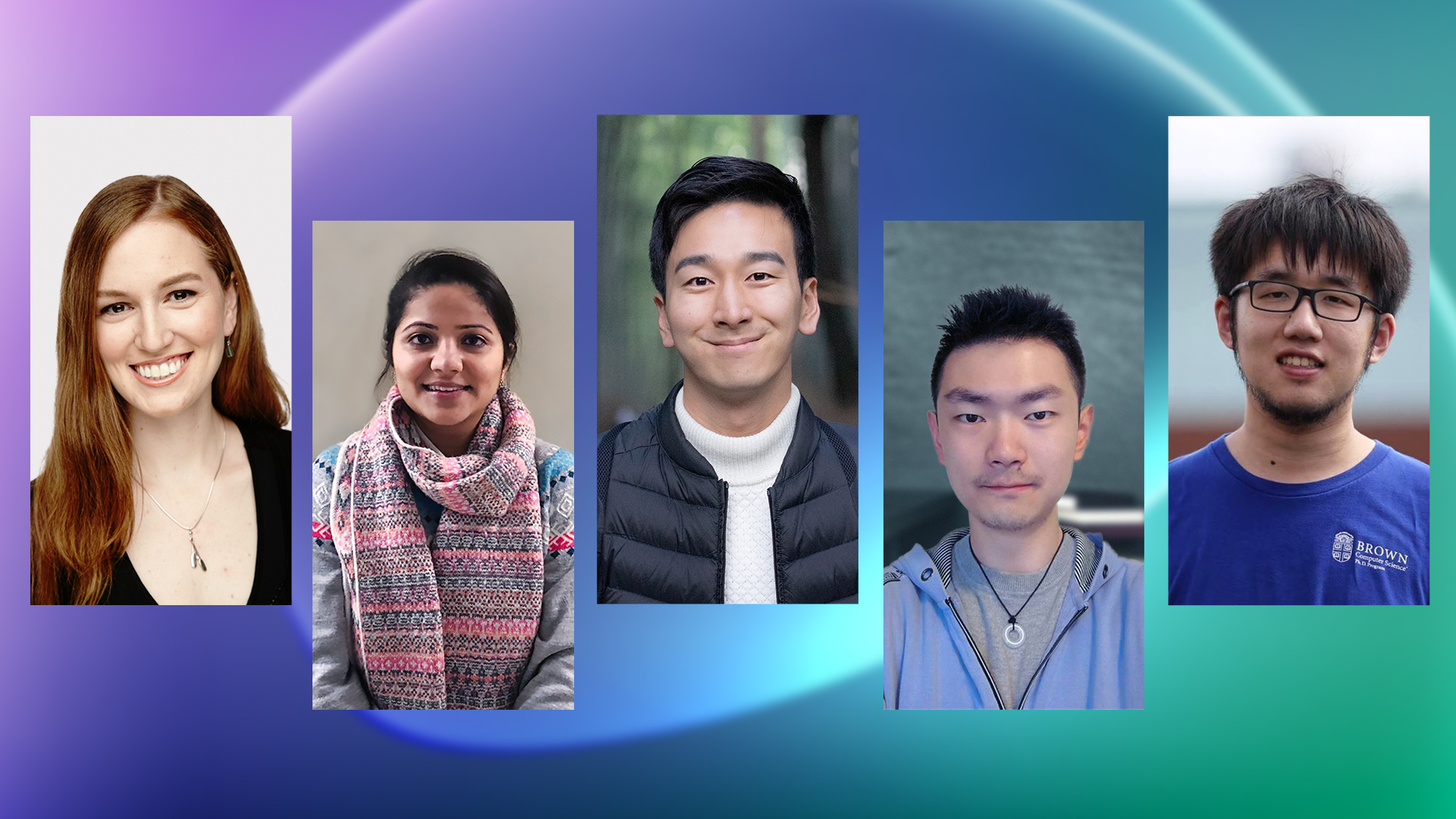
Adobe Research is a home for the intellectually curious. Researchers pursue new pathways and methods, contributing to the state-of-the-art in many fields—while also making an impact on Adobe’s products. To nurture this kind of curiosity and exploration in the next generation of researchers, the team annually awards the Adobe Research Fellowship. It recognizes outstanding PhD students anywhere in the world carrying out exceptional research in areas of computer science important to Adobe.
The Adobe Research Fellowship includes a $10,000 award, a Creative Cloud subscription, and the opportunity to interview for an internship at Adobe. The fellowship is open to full-time graduate students in PhD programs at universities worldwide. 2021 applications are now open. Learn more about the program and apply now!
As of 2020, six Adobe Research Fellows have become full-time Research staff. Those include Ailie Fraser, a former fellow and intern who is now a research engineer. Fraser says that her time spent working with researchers at Adobe inspired her return as a staff member. “This experience really showed me how much Adobe values research and how happy its employees are to be working here, and I’m grateful that it has led me to a full-time career with Adobe Research.”
Another fellow who later joined the Adobe Research team is Deepali Aneja, research engineer. During her fellowship and internship, Aneja appreciated the chance to “collaborate with brilliant people.” The experience gave her a window into Adobe Research. “I worked on projects that had a significant impact and found the work culture very supportive,” says Aneja. “My collaboration experience inspired me to join Adobe Research as a full-time researcher. I’m continuing to work with outstanding researchers and engineers to build creative tools and excited about future research directions.”
Here, a few of the latest 2020 Adobe Research Fellowship winners who also worked as interns share their experiences.
Kai Wang, Brown University
“I have been using Adobe products for almost 20 years now. A lot of the stuff I use began as pure magic to me: all the content aware editing in Photoshop, the mysterious ‘clarity’ and ‘vibrance’ in Lightroom, various noise reduction tools in Audition, and so on. These tools not only saved me a lot of time, but also brought me joy when fooling around with different options.
It was not until recent years that I began to understand the algorithms behind those tools. When I did, I started to appreciate them more, and wanted to also take part in creating tools that can help artists, amateurs, and professionals alike. This was a major motivation behind me applying for the Adobe Research Fellowship and internship: I wanted to create tools that help people design, and Adobe seemed like the perfect place to do so.
And I did feel that I was able to contribute to this effort when interning at Adobe Research this summer. Compared to my experiences interning at other research labs, Adobe Research definitely has a stronger connection to the real world, creating technologies that are directly useful. The connection to Adobe products can bring many benefits: high quality data from actual production, insights from actual designers/artists, feedback from real users, and more. During my internship, I spent the summer working on models that can create new 3D assets. It is a project designed with the real world in mind.”
Minchen Li, University of Pennsylvania
“I applied to become an Adobe Research Fellow because I saw it as a great honor for any PhD student, and an acknowledgement of the work we’ve already done.
Before this summer, I had previously completed three research internships at Adobe, and I was glad to be able to pursue a fourth one. To me, the most intriguing things about interning here are the opportunities to collaborate with brilliant researchers and interns, and the freedom to choose project ideas.
At Adobe Research, intern projects do not necessarily need to be all about a certain feature in the product. It also could be a broader idea which potentially could make big impact in academia, and at the same time shed light on software solutions. Therefore, Adobe intern projects can be consistently incorporated into my PhD dissertation, which allows me to have a unified research path that is also strengthened by industry impact. My recently published work on robustly simulating accurate contact and friction for elastodynamic physics was a result of my internship at Adobe Research in 2019.
The key to a good internship experience at Adobe Research is to work hard, and to talk with employees and other interns about research, life, interests, and thoughts. That way, you can make friends and get inspiration.”
Taesung Park, University of California, Berkeley
“As an enthusiastic photographer since high school, I have used Adobe Photoshop for more than ten years. Studying mathematics and computer science during undergrad and grad school, I was thrilled to realize that this software is all about the things I like and am good at: coding mathematics into computer programs to model the interface with the real world. My research topics have been deeply focused on building a next version of image editing tools. Therefore, to me it seemed like a natural thing to apply for an Adobe Research Fellowship, and to work at Adobe Research as an intern.
My intern project is about developing more powerful and potentially more intuitive image editing models. Our experimental method can perform edits that could not be achieved with traditional image editing approaches.
My collaboration with Adobe Research scientists has been a great experience, with tons of learning opportunities. My mentors have been deeply engaged with my project and helped me at all levels, from the details of the report to insightful advice on the direction of the project. “
The applications are now open. Learn more about the program and apply now!